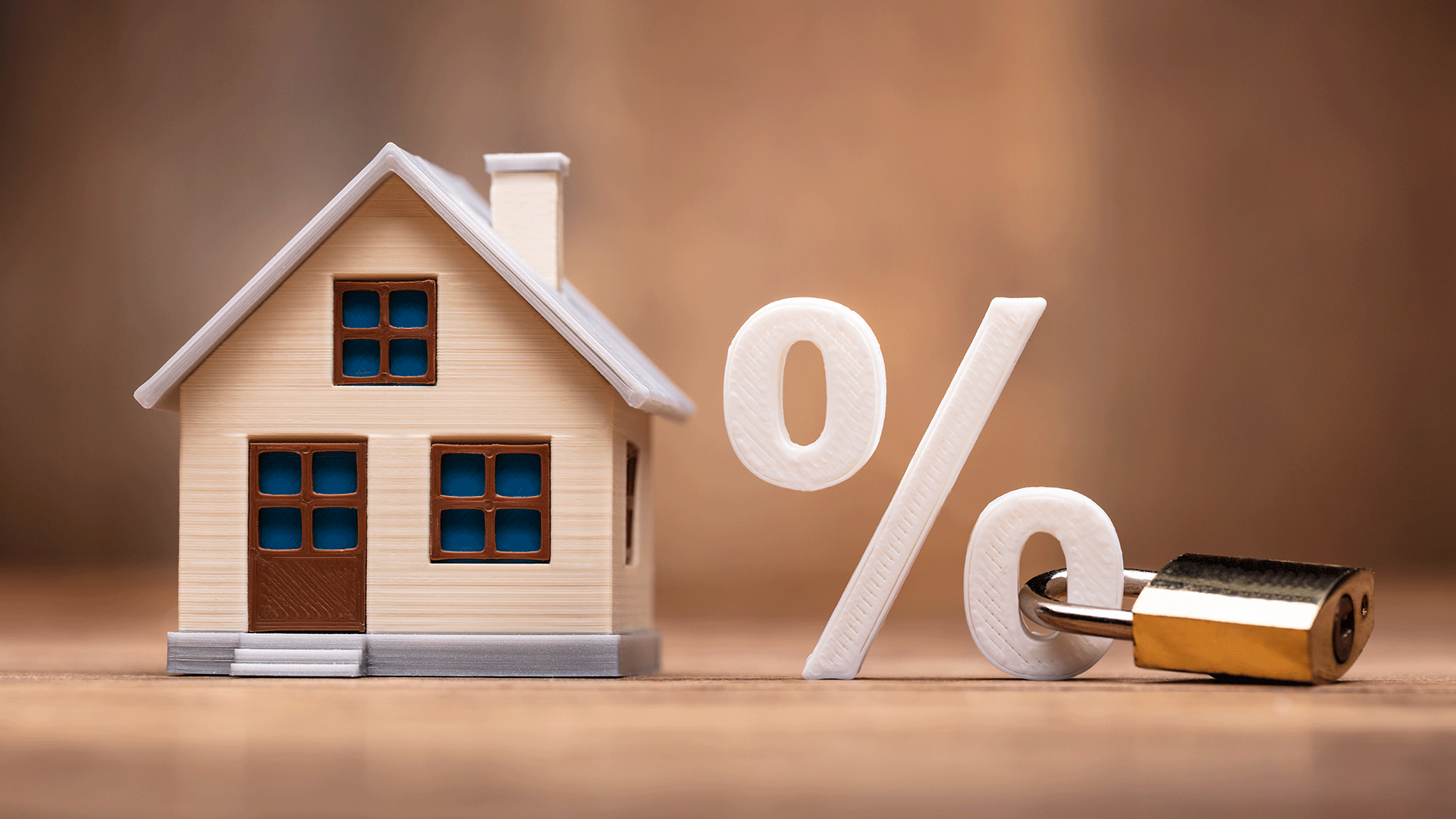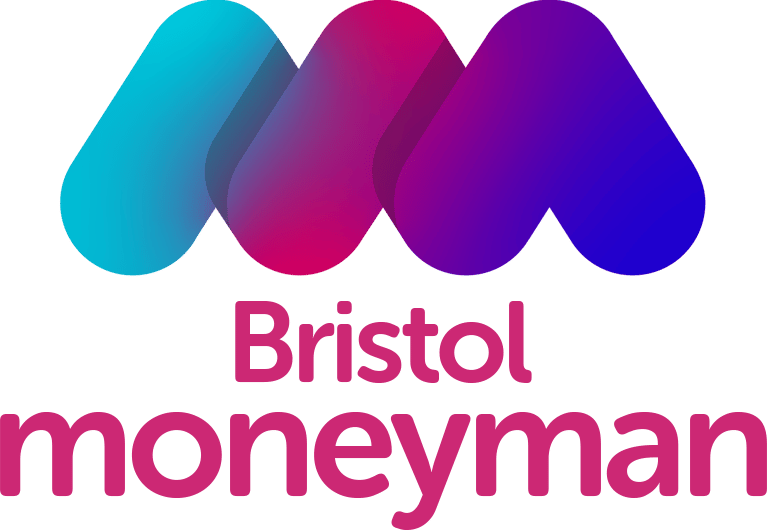This is an age-old question that we find ourselves asked about all the time from both existing homeowners and budding home buyers alike. The answer is always entirely dependent on how the market is performing at any one time.
In order to keep yourself up-to-date with how the market is currently performing, including any changes to interest rates, government schemes and more, take a look at our “Mortgage Market Update” playlist on YouTube. We regularly post mortgage market updates as and when news comes out.
What are mortgage rates?
Mortgage rates are basically just the standard rate of interest that a mortgage lender will look to charge you against your mortgages balance.
This interest rate will be a contributing factor to your overall monthly mortgage costs. If you have lower interest rates, it’s likely that your monthly mortgage payments will be much lower also.
How are mortgage rates determined?
There are numerous factors that will go towards determining your mortgage rates, some you can control, some you cannot.
One of these factors that you definitely will be able to have control over, are the personal aspects of qualifying for a mortgage. Things like what your credit score is or how much deposit you have saved and can put towards the purchase of a property.
Typically speaking, the lower the risk, the better the rates.
As an open & honest mortgage broker in Bristol, we have the ability to run through your case, looking to find the most suitable mortgage deal for your home ownership plans. Our trusted mortgage advisors in Bristol ae able to search across 1000s of deals, including specialist one, for you.
What it all boils down to though, is how the market is performing at that particular time, as well as the state of the economy and position of the Bank of England base rate. A well-performing economy will usually see a higher demand for both goods and services, including properties as well.
In turn, higher demand usually means that the Bank of England base rate will rise, which will also see mortgage rates following suit. This is because mortgage rates that are set by your mortgage lender, will be at a percentage sitting above the Bank of England base rate.
Whilst having a better performing economy would mean people can theoretically afford more, mortgage lenders don’t have unlimited funds.
What this means, is that when the Bank of England base rate goes up, the cost of borrowing for a mortgage lender will also go up, which in turn sees mortgage rates also increase to a point where a mortgage lender can cover the cost of their own borrowing.
When the economy isn’t performing too well, this all work completely the opposite.
People will typically be unable to afford as much, which means interest rates will have to come down as a way to try and entice potential customers onto the property ladder, with the promise of possibly lower monthly mortgage payments.
Mortgage Rates Affected by Inflation
As we have discussed above, one of the primary factors that can impact your mortgage rates, is the Bank of England base rate. As a general rule, a mortgage lender will set their own rates at a percentage above the base rate. This means fluctuations can take place, as the base rate rises and falls periodically.
Another factor that can impact the Bank of England base rate and see it fluctuate, is inflation. The UK government have a specific target that they like to reach, in order to make sure the cost of living is affordable for everyone. Unfortunately, these targets are not always met.
In situations such as these, we may see the cost of living going up. Unlike the typical cause and effect of seeing a stronger economy meaning people can afford more, when this happens, many are left in financial positions that are less than favourable, struggling to get onto the property ladder.
This is also unfortunate news for homeowners who have fixed-rates that are coming to an end. Someone may have, for example, fixed in at an incredibly low percentage, only to come out of their fixed-rate and be set to inherit double what it was before.
Having the help of a mortgage broker in Bristol here, can be truly beneficial.
Fixed-Rate Mortgages vs Tracker Mortgages
The Bank of England base rate, generally speaking, will always fluctuate, though it’s not often by much. Tracker mortgages are a type of mortgage that will mirror the Bank of England base rate, sitting at a percentage above it and fluctuating alongside it.
This can be a great mortgage type when interest rates are sitting rather low, though when the rates go up, you could see your mortgage payments changing suddenly, making this a mortgage type without guaranteed consistency.
Whilst tracker mortgages can still be great for some people (your mortgage advisor in Bristol will help you to determine which mortgage deal is best for you), some may argue that a better option could be a fixed-rate mortgage.
These are always the more popular options and allow for customers to lock-in to whatever the interest rate is at that time, for a chosen duration. For example, if you lock-in at a 4% interest rate for 5 years, even if within the next year it jumps up to 6%, you’re still only going to be paying 4%.
On the other hand, if you locked-in for 6% and then it dropped to 4%, you’d be paying more than other homeowners and home buyers would. This is why for many, we see them fixing in for 2-5 years, in order to gauge how rates are changing and to make sure they are always on the best mortgage deal.
When you’re in periods of economic uncertainty, fixed-rate mortgages can provide consistency and ease stress for homeowners. You will have the freedom to choose your own fixed-period duration, which as we said is usually 2-5 years, though we do see customers choosing 7 or even 10 year fixed-rates.
The possibility of coming out a fixed-period into higher interest rates, can actually lead many to remortgage in Bristol earlier than they otherwise would, paying an early repayment charge, to fix-in for a rate that, whilst higher than they had, is much less than it is projected to be by the time their deal ends.
How long should I fix my mortgage for?
The answer to this is entirely dependent on the way that interest rates possibly change, as well as how your personal circumstances also are set to change. As we have discussed above, there are also personal factors that can have an impact on how mortgage rates possibly change.
Home buyers who have higher deposits may be able to open themselves up to a lower loan-to-value, which in turn can allow them to access much lower rates of interest.
If you find that you are currently in that situation, having taken out a mortgage with lower interest rates, you may wish to take out a fixed-rate mortgage for 5, maybe 10 years, in order to truly reap the benefits of your lower interest rates.
Of course this very much depends on circumstance and 10 years is a long time to wait.
In 10 years, you could see lots of things change; Interest rates could drop significantly lower than you were able to fix-in for, meaning you are paying much more than you would have if you’d only fixed-in for 2 years, remortgaging onto the lower rates much sooner.
A trusted and experienced mortgage broker in Bristol will work to ensure you are well prepared for your mortgage process and help you to make an informed decision. Using our knowledge, we will do everything we can to help you succeed.
Speak With a Qualified Mortgage Advisor in Bristol
Interest rates can change when you least expect them to, depending on how the economy is performing, as well as the state of the market and the Bank of England base rate. Pairing this up with your own personal factors, you might be a little uncertain about what to do next.
By getting in touch with us for expert remortgage advice in Bristol if you’re nearing the end of your initial mortgage deal, or first time buyer mortgage advice in Bristol if this is your first time buying a property, you will have the help of a qualified mortgage advisor in Bristol, who will find you the best deal.
We always want the best for all of our customers, working alongside you to make sure you are well protected from potential future interest rate rises, if we can do so. If the cost of living is concerning to you, a fixed-rate mortgage might be your best option.
Book yourself in for a free mortgage appointment or remortgage review today, and we will see how we can help, recommending the most suitable mortgage option for you.
Date Last Edited: December 6, 2023














